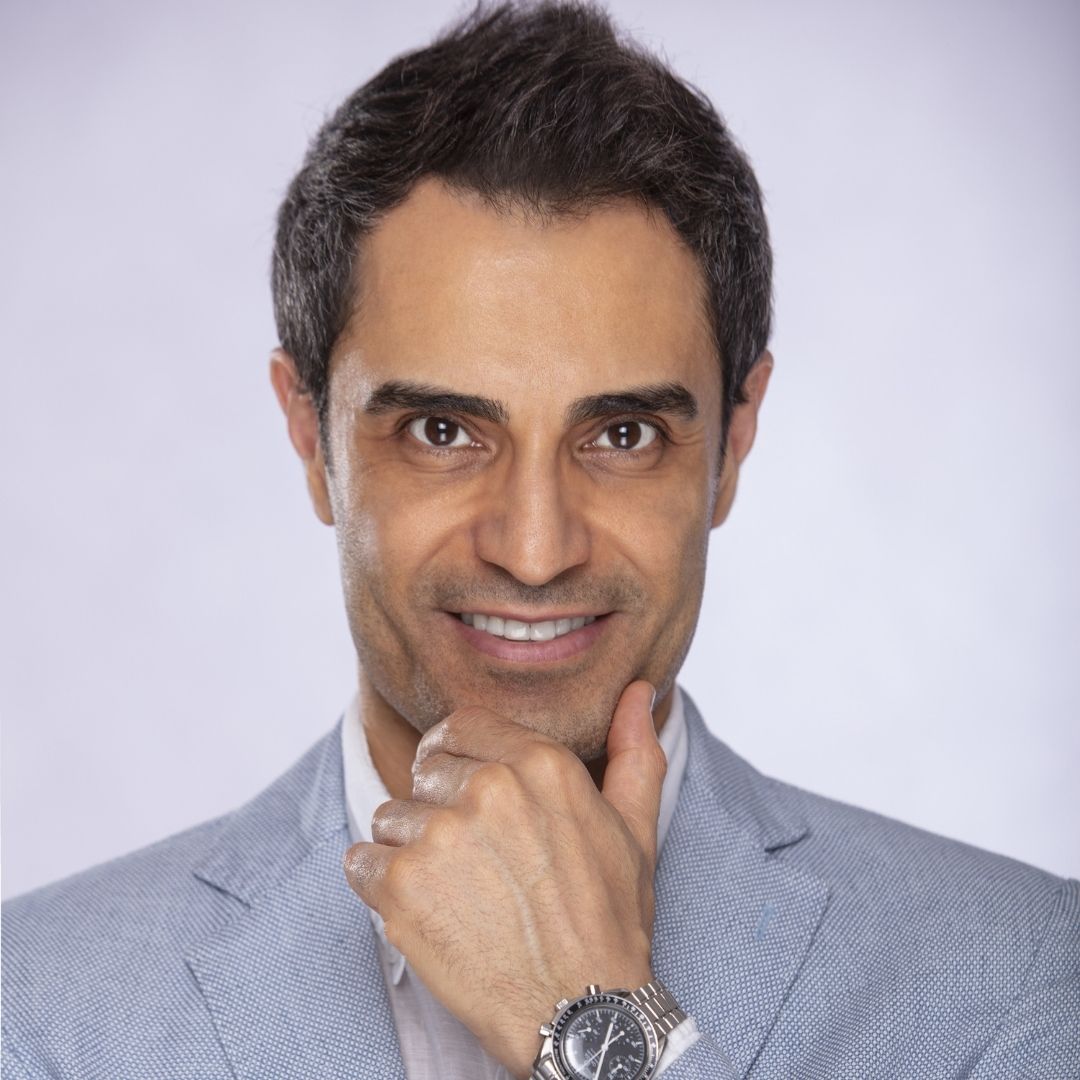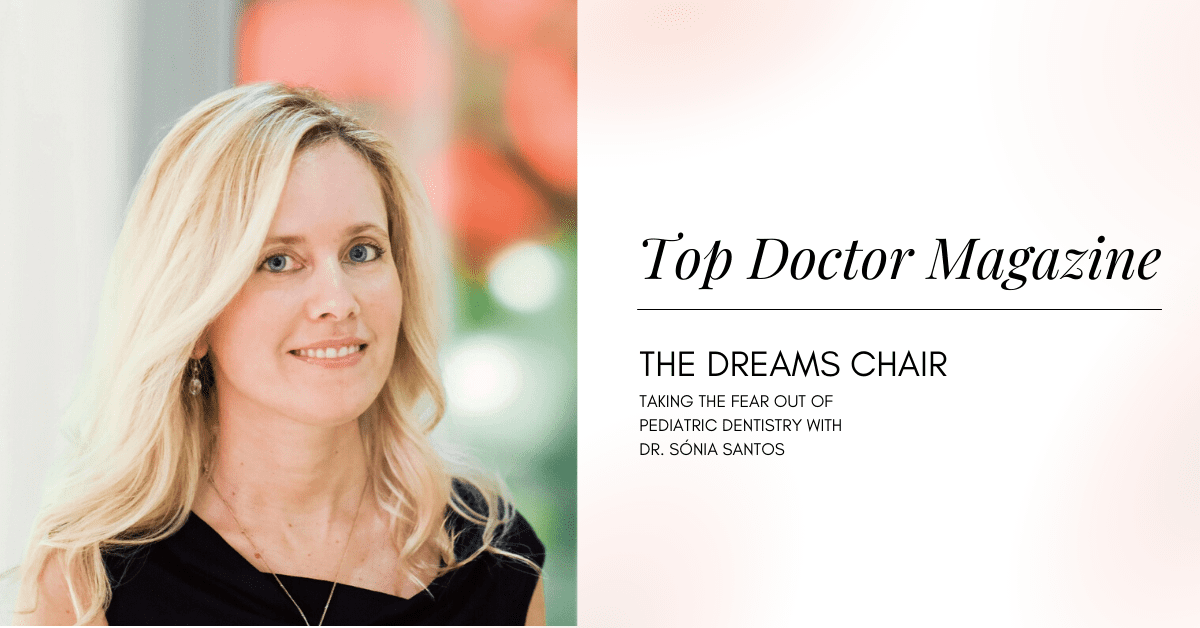Chronic pain isn’t just about diagnosis and medication. Dr. Tania Faruque, MD, knows this well, and she puts it into practice every day at Palomar Spine & Pain in California, where she serves as Medical Director. Her job is no walk in the park: “Being in pain management is a difficult field, of course… it affects pretty much every aspect of people’s lives.” The job includes more than doing spine injections, joint injections, and neurological work. Dr. Faruque also gets to know her patients on a deeper level and often finds that their pain isn’t only physical.

One case that stands out to Dr. Faruque was when an older gentleman came to her for chronic back and joint pain treatment. While she was administering help, she realized there was more going on than just the diagnosis. “[Other than the pain], in his life, his wife had just recently passed away.” Dr. Faruque described. “And you see that a lot of these men who’ve been married for so long… their wives had been taking care of them.” She describes how she sees that a lot of older men who lose their wives tend to lose sight of their own wellbeing due to grief, which often accumulates into greater pain. Dr. Faruque said she noticed how “his will of life, his joy was really just gone after his wife passed.”
During every visit, she would talk to him during his clinic visit. “It took time, but I would always talk to him, talk to him about his kids… [even though] he did want to move to Arizona to be with his kids but for the longest time didn’t want to actually go… and each visit I would want to be like, Look, you should move, go be with family, it will make a difference.” Days passed, months passed, and the gentleman didn’t return. One day, Dr. Faruque describes how he showed up at her office out of the blue: “When I saw him again, he did end up moving to Arizona. And he came just to thank me for that.” Dr. Faruque tells the story with fondness, the smile practically audible in her voice. “My day is good when I’ve made a difference in a patient’s quality of life.” And for this gentleman, the help she provided was more than just providing physical pain relief.

Dr. Faruque’s journey in the medical field began ever since she was a little girl. Being the daughter of immigrants, she described how her parents never wanted her to take for granted living in America. They instilled in her the values of helping others and giving back: “I know that’s a cliché answer, but it’s the truth, that’s what got me into the field.” Plus, the skill set needed to be a doctor came naturally to her: “In school, I really enjoyed science a lot, so this is really the perfect career for me.” But Dr. Faruque’s interest in science and heart for people as a child was only the beginning. The rest of her quickly-growing career exemplified her intelligence, ingenuity, compassion, and entrepreneurship on a whole new level.
Not only is Dr. Faruque a double-board certified interventional pain management specialist and anesthesiologist, but she’s also a graduate of the world-renowned Cleveland Clinic.
There, she did her residency in Anesthesiology and rotated through the Chronic Pain Rehab Program – a program that treats some of the most complicated chronic pain cases in the medical community. She became the first female pain medicine fellow at Cedars Sinai Medical Center and continues to be one of the few female pain physicians in San Diego, treating patients with interventional management, physical therapy, cognitive-behavioral therapy, and biofeedback /relaxation training. As the entire world now knows, all the training, skill, and experience in the world couldn’t have prepared anyone for such unprecedented times.
“My previous job, COVID affected it significantly,” Dr. Faruque recounts. “Our clientele went down by 75% in the Pasadena area in California. Unfortunately, the practice never really fully recovered… even when things were getting a little bit better.”
Dr. Faruque didn’t let COVID stop her from giving back to her community. Another doctor reached out to Dr. Faruque, sharing that he was planning to retire and have someone take over his practice. The opportunity couldn’t have been more perfect. “It was a great undertaking,” Dr. Faruque said, “Really scary, but great.”
She officially started at Palomar this January. But even with a new year, old challenges still presented themselves. “We were considered non-essential so that unfortunately hindered [things]. Patients were afraid to come to our clinic; pain procedures weren’t needed.” But when patients started to trickle in, the treatments that had been put off for so long were manifesting in unpleasant ways: “When patients did finally come in, they were in an extreme amount of pain and wanted immediate treatment, but that can’t be the case.” As if things couldn’t get any more complicated, patients who had difficulty breathing in masks still had to wear them, and patients eager to get treatments were faced with COVID questions. “A lot of it seemed to be a big nuisance for the patients, but it’s all for safety.” Aside from the complications that COVID brings, there are also controversies, politicization, and those who don’t follow guidelines. Instead of being frustrated, Dr. Faruque realized something: “What I found interesting was that there was a lot of misinformation.” She explained, “A lot of us in the medical field take for granted what we know about [COVID], but most patients don’t really know anything about COVID.” She says she would do her best to answer the many questions patients had about the pandemic. She was surprised to find that many who didn’t want to wear masks or follow the guidelines didn’t do it out of rebellion – but just because they genuinely didn’t understand why. This was especially true with her older patients. “That was one of the biggest surprises for me. We assume that patients know what’s happening, but a lot of the time, they don’t.”
For Dr. Faruque, getting patients to come in person for a check-up is very high on her priority list. Unfortunately, unlike other fields of care, pain treatments can’t benefit from telemedicine. “To be realistic, it’s difficult in pain management because you really need that physical exam. And if you’re giving prescriptions like opioids, you don’t want to be doing that over the phone.” But even still, Dr. Faruque clarifies that pain treatment isn’t only about narcotics and medications.

While opioids and narcotics are sometimes necessary, that isn’t the whole picture. “Our role is to provide alternatives to avoid long-term medication and surgery.” She explains. “I want to be a voice for people understanding what pain management is, that it’s not just opioids. It’s really other forms of treatment like neuromodulation and regenerative medicine.” This is just one of the reasons why a face-to-face appointment is critical for pain management treatments – it’s not just about stopping the pain; it’s about solving the root issue and improving lifestyle.
Dr. Faruque is still early in her career, but she has already made massive waves in her community. “I never choose to settle in my career. I had a dream when I first became a doctor to have my own practice. And not only be a doctor, but also an entrepreneur. I’m proud that I never gave up on that, and now I have that opportunity. It’s a big goal that I accomplished.” And the race isn’t over yet. As the vaccine is being distributed, cases are going down, and life is gradually starting to return to normal, Dr. Faruque and Palomar Spine & Pain look forward to the future. “I really want to make this clinic successful and be a good source, a good doctor, and have a good reputation out there and help people. And right now, it’s all about pain and wellness. I truly love helping people.”






0 Comments